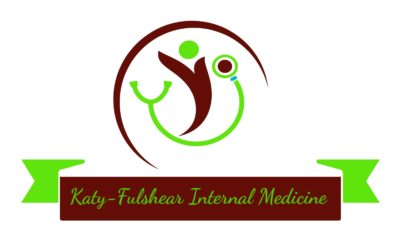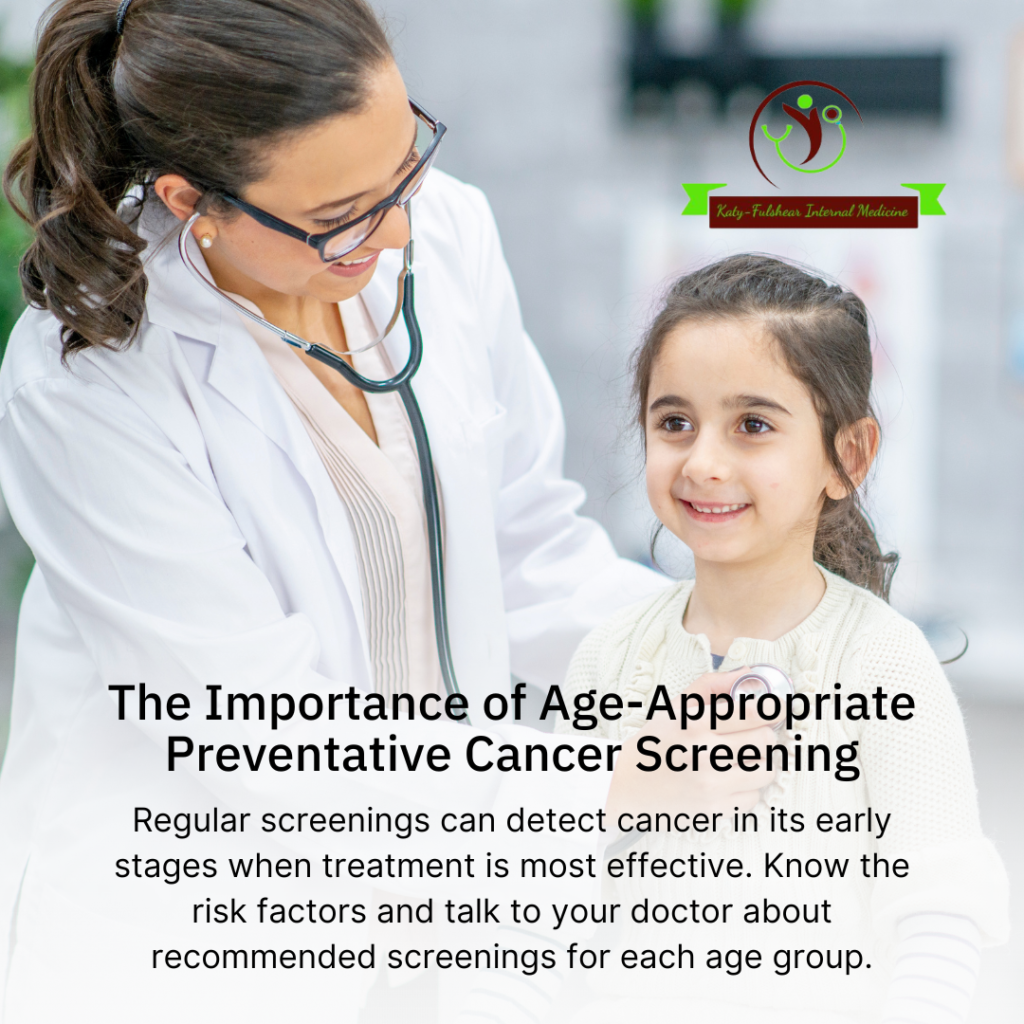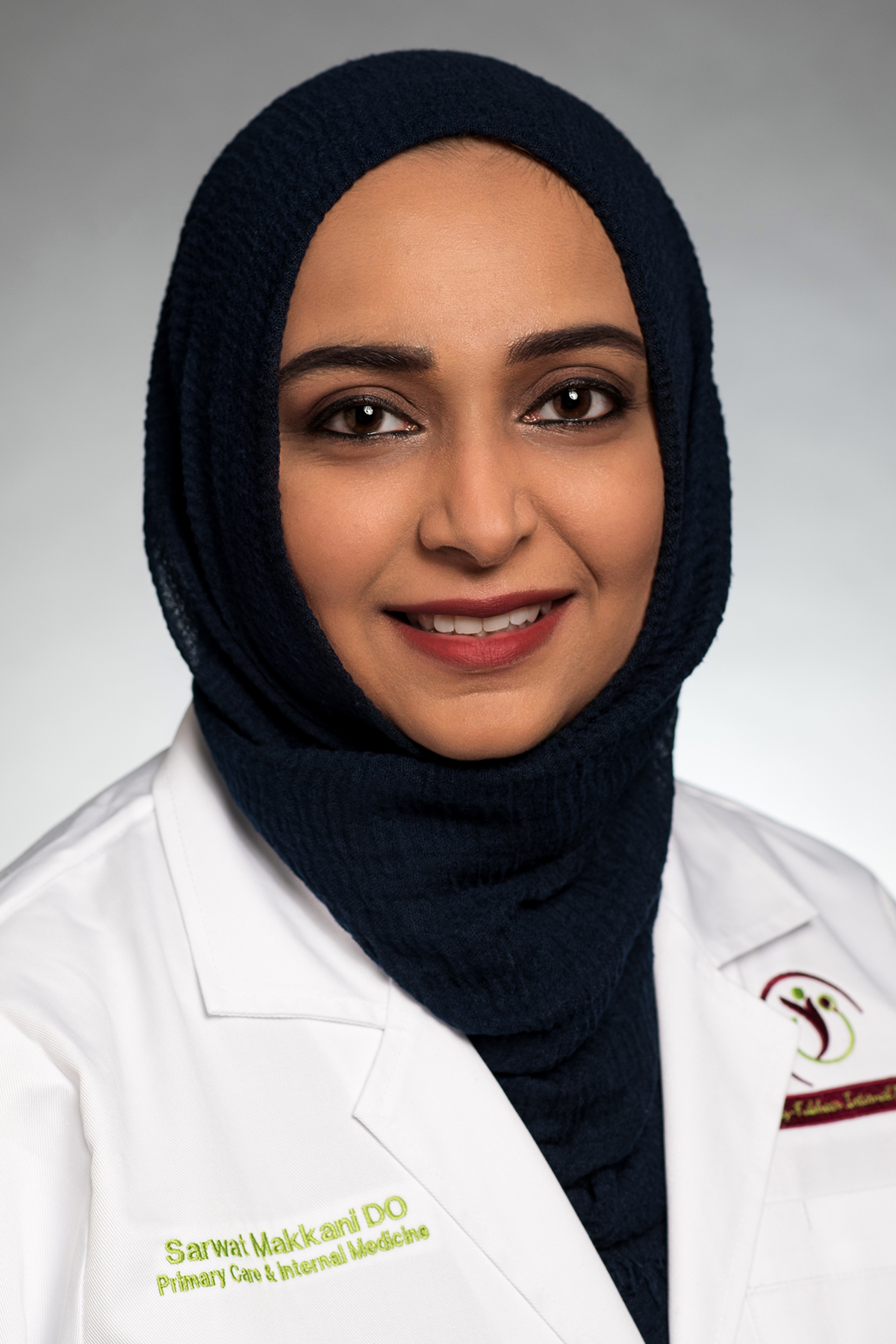Cancer is a formidable opponent, but early detection can be a powerful weapon in the fight against it. At Katy Fulshear Internal Medicine, we believe in the importance of proactive health management, which includes prioritizing age-appropriate preventative cancer screening. In this blog post, we’ll explore the significance of cancer screening at different stages of life and highlight the recommended screening guidelines to help you stay ahead of this devastating disease.
Why Prioritize Preventative Cancer Screening?
Cancer is a leading cause of morbidity and mortality worldwide, but many cancers are highly treatable when detected early. By undergoing regular cancer screenings based on your age, gender, and risk factors, you can increase the likelihood of detecting cancer in its earliest and most treatable stages. This proactive approach not only improves outcomes but also offers peace of mind knowing that you’re taking proactive steps to safeguard your health.
Age-Appropriate Preventative Cancer Screening Guidelines:
- Breast Cancer Screening:
- Mammograms: Women aged 40 and older should undergo annual mammograms to screen for breast cancer. Women at higher risk may require earlier or more frequent screening.
- Colorectal Cancer Screening:
- Colonoscopy: Individuals at average risk should begin screening for colorectal cancer at age 45, with follow-up screenings every 10 years thereafter.
- Other screening options, such as fecal occult blood testing (FOBT) or fecal immunochemical testing (FIT), may be recommended based on individual risk factors.
- Cervical Cancer Screening:
- Pap Test: Women aged 21 to 65 should undergo regular Pap tests every 3 years to screen for cervical cancer. HPV testing may be recommended in conjunction with Pap testing for women aged 30 and older.
- Prostate Cancer Screening:
- Prostate-Specific Antigen (PSA) Test: Men aged 50 and older should discuss the benefits and risks of PSA testing with their healthcare provider to determine if screening is appropriate for them.
- Lung Cancer Screening:
- Low-Dose CT Scan: Current or former smokers aged 55 to 80 with a smoking history of at least 30 pack-years should undergo annual lung cancer screening with low-dose CT scans.
At Katy Fulshear Internal Medicine, we prioritize personalized, patient-centered care, including comprehensive cancer screening services tailored to your individual risk profile and medical history. Our experienced healthcare team is dedicated to providing compassionate, evidence-based care to help you achieve optimal health and well-being.
Don’t wait until symptoms appear – take proactive steps to protect your health and schedule your age-appropriate cancer screenings today. Together, we can detect cancer early, improve outcomes, and empower you to live a longer, healthier life. Your health is our priority, and we’re here to support you every step of the way.


